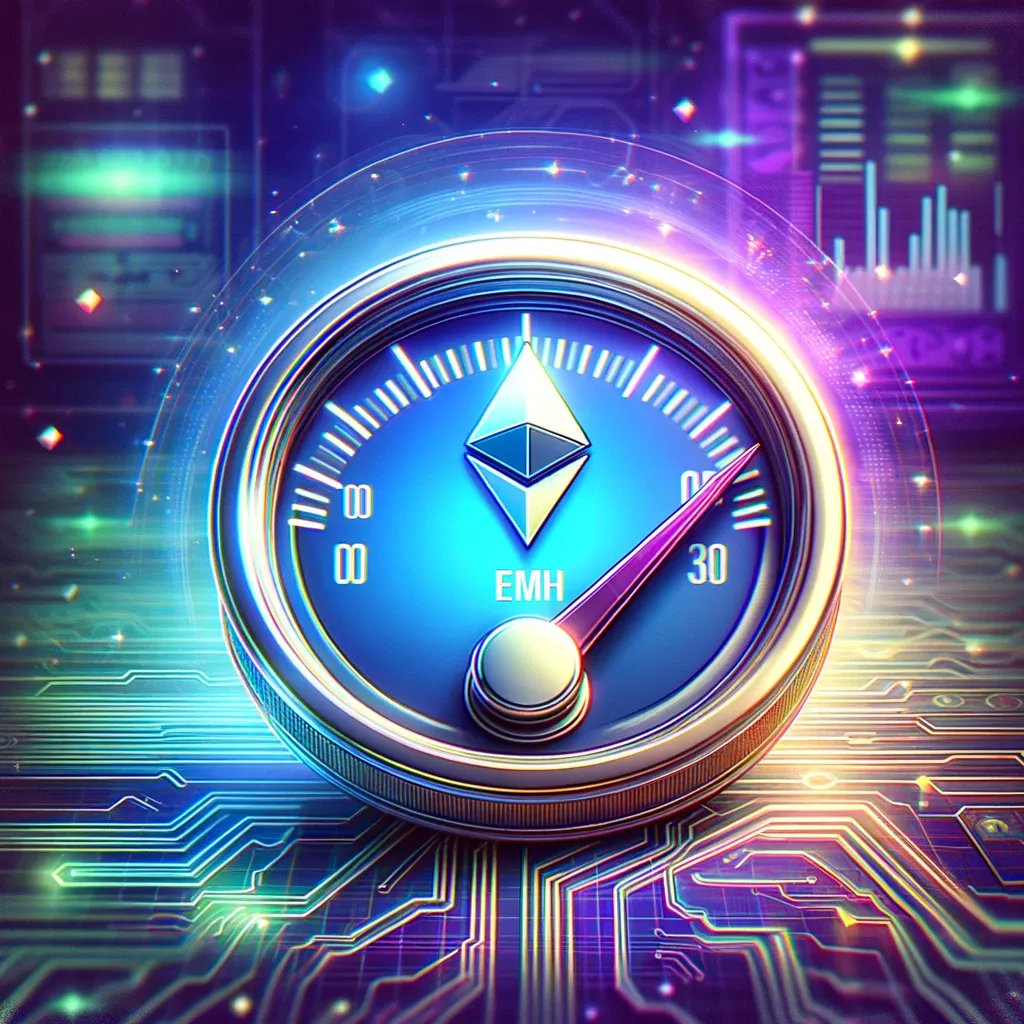Gas Limit
In the context of cryptocurrencies, particularly Ethereum, the term "Gas Limit" refers to the maximum amount of gas a user is willing to spend on a transaction or a smart contract execution. Gas is a unit that measures the computational effort required to execute operations on the Ethereum network. Here's a more detailed breakdown:
- Transaction Gas Limit: This is the maximum amount of gas the user is willing to spend on a transaction. It ensures that the transaction does not consume unlimited resources. For a standard Ethereum transaction (ETH transfer), a gas limit of 21,000 units of gas is typically sufficient. However, for more complex interactions with smart contracts, the required gas limit can be higher and must be estimated based on the complexity of the operations involved.
- Gas Limit per Block: Each block on the Ethereum blockchain has a gas limit, which determines the maximum amount of gas that can be spent on all transactions included in that block. This block gas limit is dynamically adjusted by the network to respond to the demand for transaction processing and the need to maintain network performance.
- Setting the Gas Limit: When initiating a transaction, users can set a gas limit to specify the maximum amount of gas they are willing to consume for the transaction. Setting a gas limit too low can result in the transaction failing if the execution requires more gas than allowed. Conversely, setting a gas limit too high does not harm directly, as only the gas used is paid for, but it requires having sufficient balance to cover the maximum possible cost.

Implications of Gas Limit:
- For Transactions: The correct gas limit ensures that your transactions are executed efficiently. If a transaction runs out of gas (i.e., the gas limit is too low), it will fail, and the spent gas will not be refunded.
- For Network Capacity: The block gas limit plays a crucial role in determining the network's throughput and scalability. Higher gas limits allow more transactions per block but can increase the computational load on nodes, affecting the network's stability and speed.
The concept of gas and gas limit is fundamental in Ethereum and similar blockchains, serving as a mechanism to allocate network resources, prevent spam, and ensure that participants pay a fair fee for the computational resources they consume.